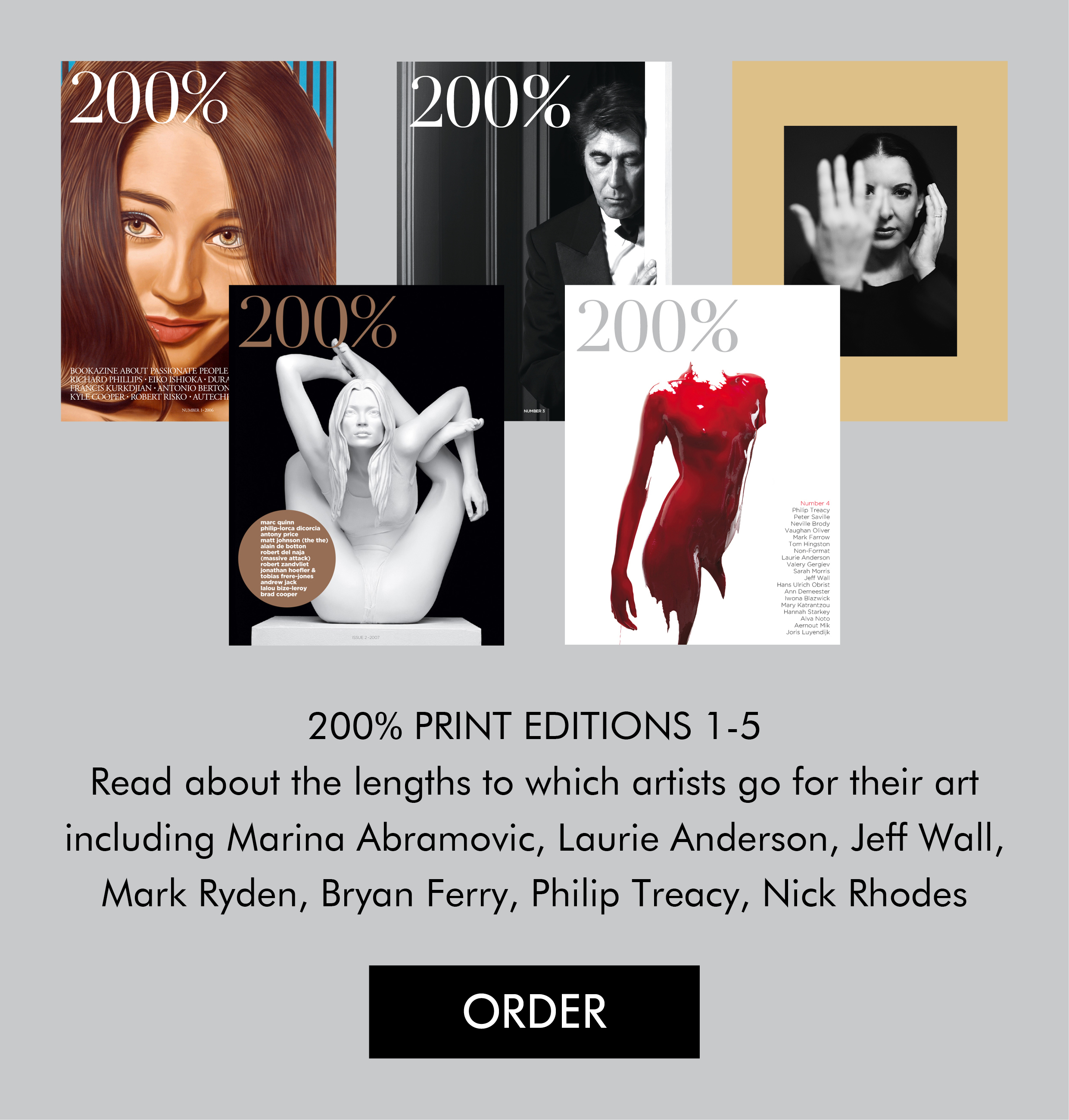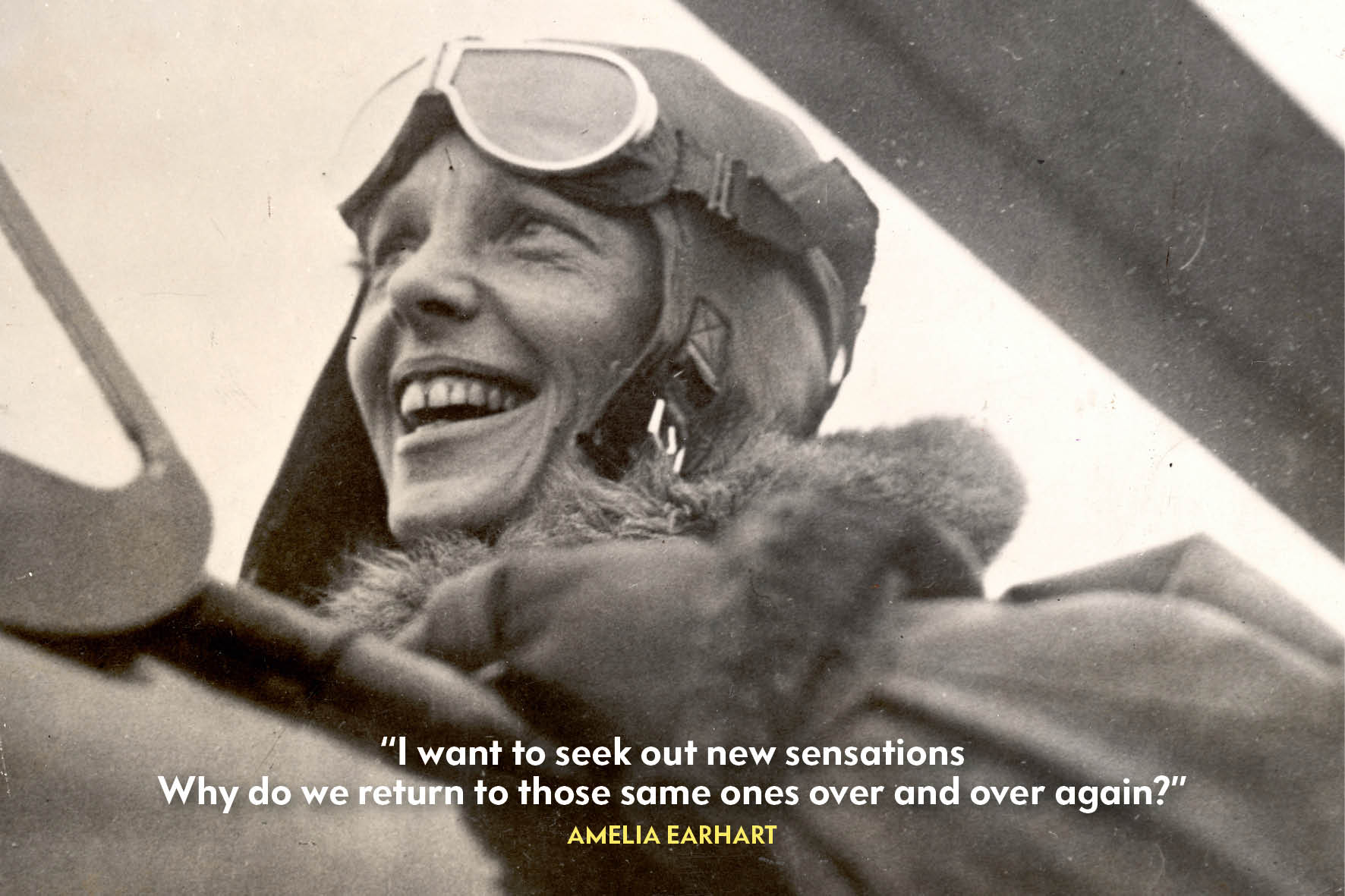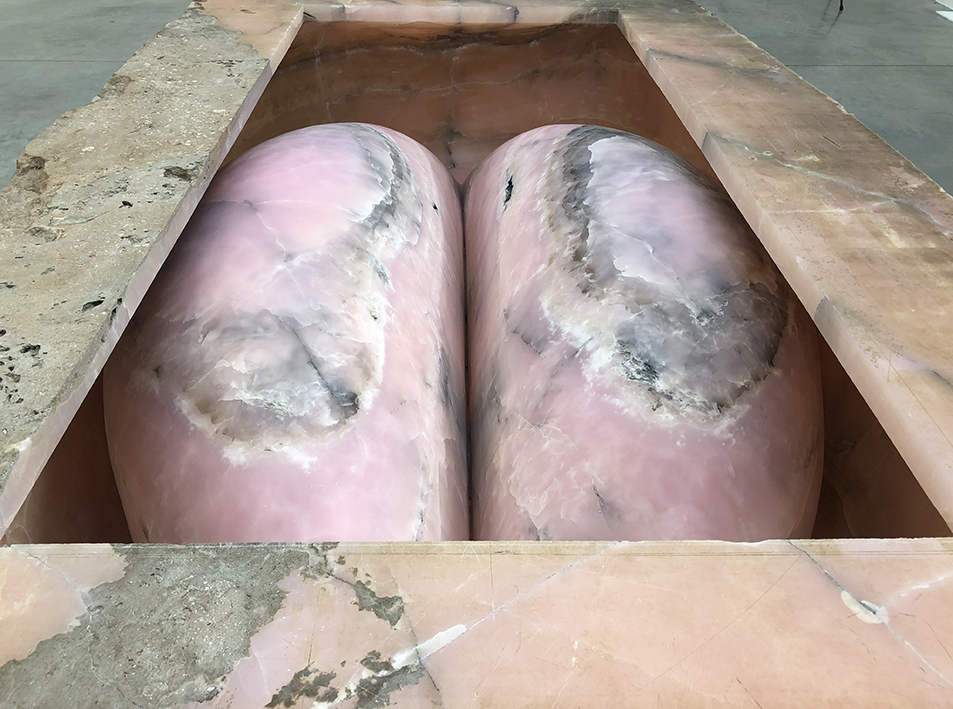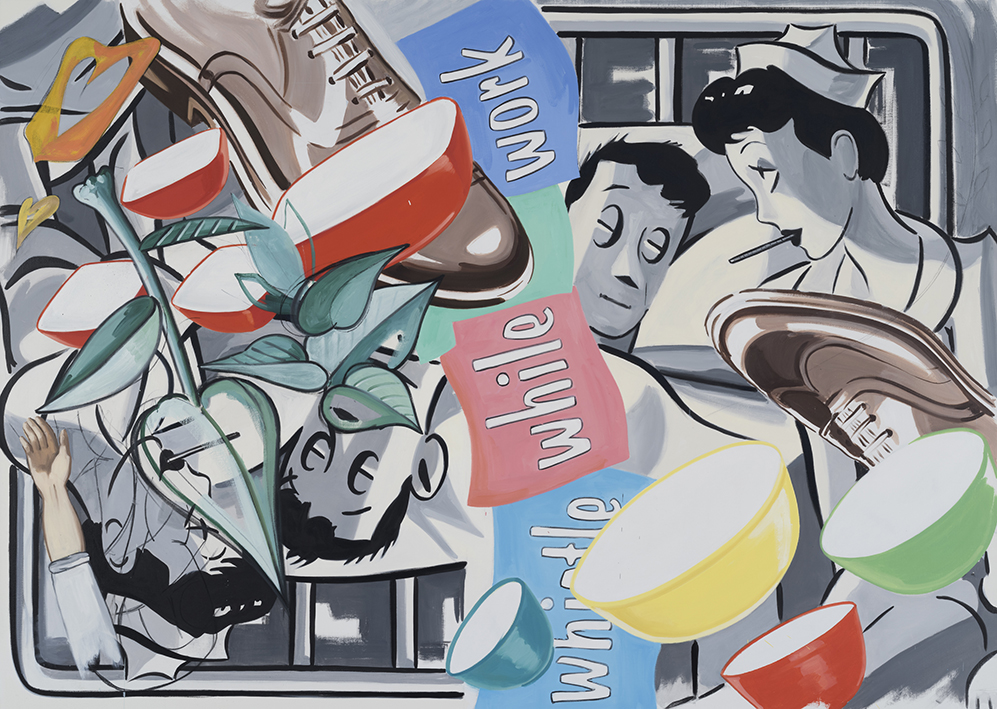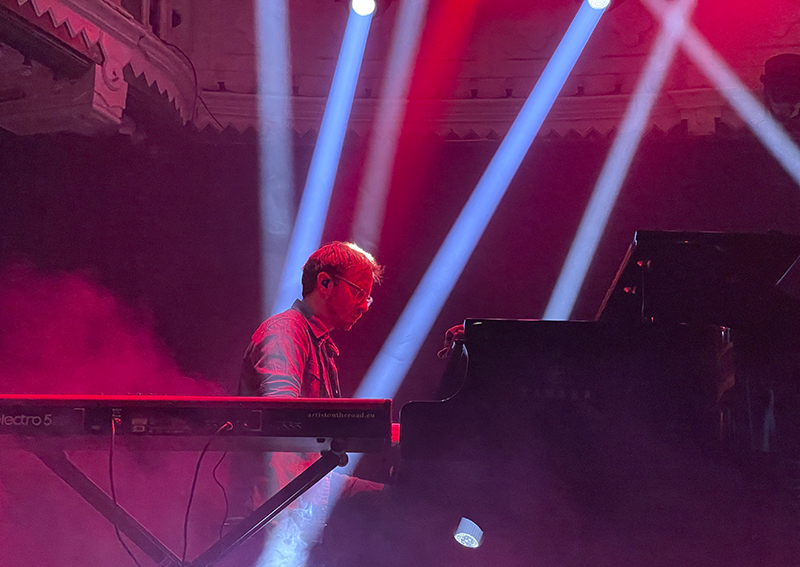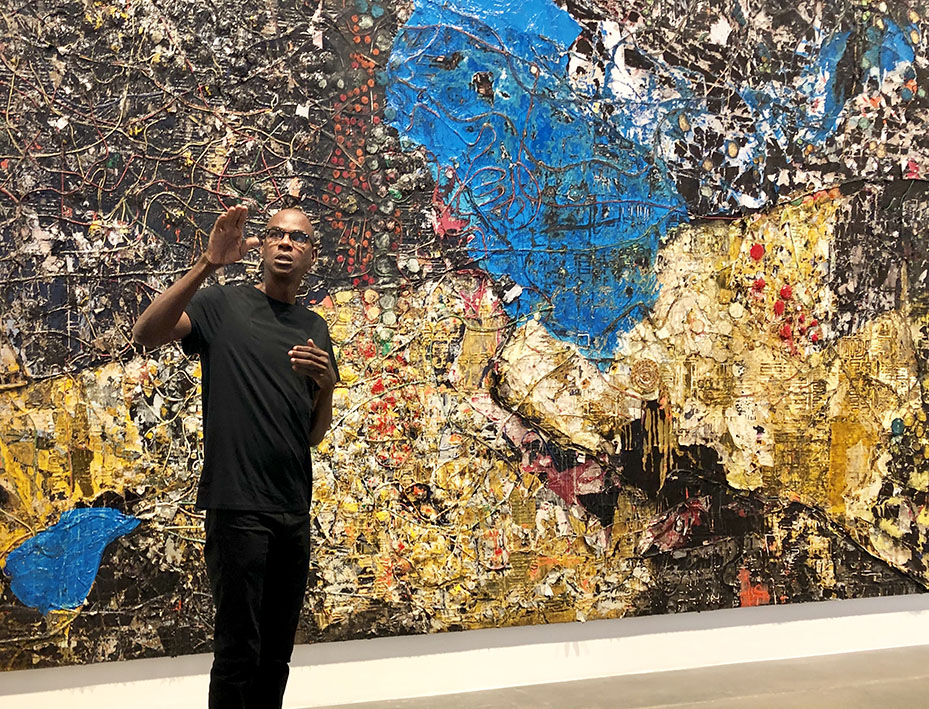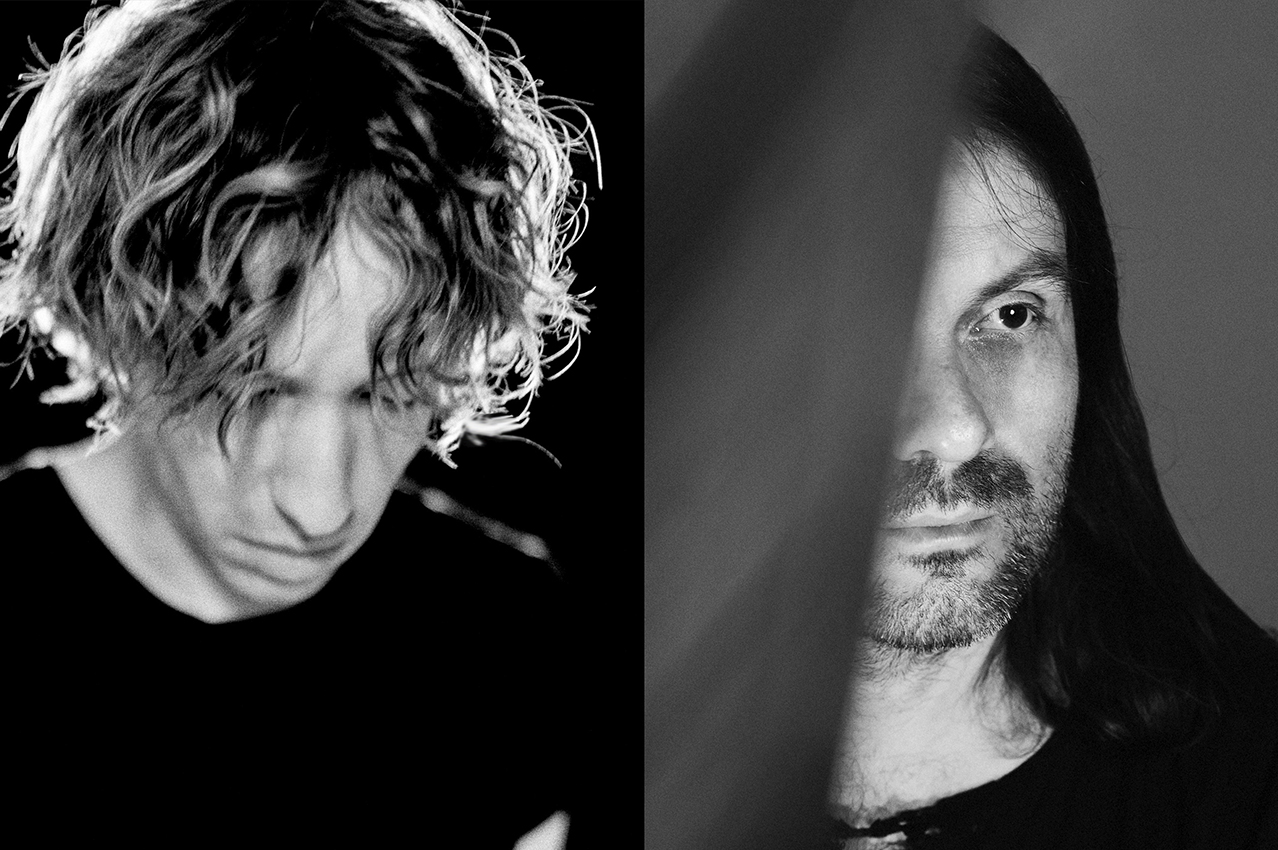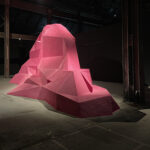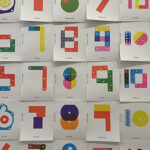
Music A Sound Answer – Rafael Anton Irisarri
Can a musician answer an interview question in sound? 200% asked the American composer and multi-instrumentalist Rafael Anton Irisarri and he came up with a captivating answer.
Ninety-nine percent of the interviews with artists and musicians are conducted in spoken language or in writing. This is, though, not necessarily the medium in which artists and musicians express themselves. They express themselves in painting, sculpture or music. A question I ask myself a lot: “Are there alternative ways to interview artists and musicians?” Can an artist answer a question in his own medium like a painter in paint or a musician in music? Will the answer be more imaginative and reveal something insightful about the artist that can’t be expressed in words?
I approached the American composer and multi-instrumentalist Rafael Anton Irisarri who effortlessly fuses drone, electronic and ambient music. His immersive compositions are very visual, panoramic and cinematic as they are inspired by sceneries and films. Some of his music would be very suitable for an artistic sci-fi or horror movie such as the track ‘Empire Systems’ that gets under the skin of the listener. Irisarri’s newest album, Peripeteia is based on a sudden change of circumstances in his own life.
Rafael told me he was up for the challenge to answer a question in sound. In my recent interviews with the musicians Dustin O’Halloran, Alessandro Cortini and Daniel Avery I talked with them about the lockdown period. A topical question to ask musicians at this moment would be:
How do you feel as a musician that you won’t be able to go on tour and perform your new album due to the coronavirus?
Listen to Rafael’s answer:
Rafael commented on his composition: “I feel what the Germans call ‘Fernweh’ – a longing for unseen places and far off places”.
Irisarri wrote Peripeteia in the summer of 2019 dealing with unforeseen changes in his own life. A year later due to the outbreak of the coronavirus the lives of the entire world population has drastically changed.
Irisarri’s previous album ‘Solastalgia’ or ‘The Unintentional Sea’ are based on his internalisations of what’s happening in the world and how it affects him. With ‘Peripeteia’ it’s the opposite as he expresses what is going on in his personal life and shares it with the audience. I asked Rafael how this turn around came about?
Rafael Anton Irisarri: I wrote this album based on my own personal experiences and traumas but particularly having to deal with serious health issues over the last few years. It is very strange that a year later the world is facing a global health crisis and suddenly all of our lives have changed now and we are in a lockdown situation. I’ve had relatives in New York that were fine in their life a month and a half ago and now they’re sadly no longer with us.
 200%: It must be a strange time to release an album.
200%: It must be a strange time to release an album.
RAI: Yes, it is difficult to promote it when you can’t leave your house and play any shows. Most artists and [record] labels that have the resources and are able to, have pushed all their releases to next year as we don’t know what’s happening this year. We don’t know if we will be able to start touring again this Autumn. Many well-established artists have cancelled everything until next year. 2020 will go down in history as a lost year.
200%: The performance artist Marina Abramovic once said; “to suffer is very good for an artist: the more one suffers the better the material becomes with which you can work”. Were the difficult circumstances also a source of creative inspiration for you?
RAI: I think comfort breathes mediocrity and struggle brings innovation. When you struggle with dire circumstances you are being tested. They can make you stronger if you’re able to overcome these circumstances, creatively as well. In a bizarre way they turn out to be quite inspiring. I feel that very strongly. I consider my creative process with music as a form of therapy. When I make music I let out all these emotions, things that go through my head and it feels like a cleansing process.
200%: Could give an example on the album where something creative came out of these difficult circumstances?
RAI: The fifth song of the album was quite a journey. In September 2017, there was a massive hurricane that devastated Puerto Rico. I was born in Puerto Rico and I lived there as a kid. A childhood friend of mine who is an amazing guitar player had a really hard time and I invited him to stay with us in New York. While he was here we were killing time in the studio experimenting and recording all kind of material.
 Last year, when I was working on the song what became ‘Refuge_refuse’ I found all these guitar recordings that we made. When I listened back to it, thematically it all made sense to me with this album. The song was born out of a sudden change in circumstances; a hurricane coming to Puerto Rico and destroying the island. That to me is a good example of a song that has a direct connection to a sudden change in circumstances and something creative and positive coming out of it.
Last year, when I was working on the song what became ‘Refuge_refuse’ I found all these guitar recordings that we made. When I listened back to it, thematically it all made sense to me with this album. The song was born out of a sudden change in circumstances; a hurricane coming to Puerto Rico and destroying the island. That to me is a good example of a song that has a direct connection to a sudden change in circumstances and something creative and positive coming out of it.
200%: Correct me if I’m wrong, but I believe on ‘Peripeteia’ the human voice has a more prominent role than your previous albums.
RAI: Yes, it’s definitely more prominent on this album. I worked with an artist friend of mine Yamila. She is an amazing singer coming from the southern part of Spain. There is a lot of Andalusian influences in her singing such as cante jondo [profound song] which is incredibly important in Flamenco music. For the song ‘Mellified’ we built on Arvo Pärt style of choir singing. It sounds like a big choir but it’s all overdubs of her voice. The scales that we are using, though, are really not from Arvo Pärt’s style of music. It is not religious church music but it’s coming more from Yamila’s own influences. On the first and second song of the album you can hear my friend Leandro Fresco (from Argentina) and I singing. On ‘Refuge_refuse’ there are some ‘processed’ voices as well, voices I ran through different effects, like Eventide H3000, and others.
200%: What made you decide to use the human voice more?
RAI: I have worked at Black Knoll Studio with many great singers such as Julianna Barwick and Benoît Pioulard. Listening to their voices I wanted to have that tonal characteristic and timbre that you don’t get from electronic instruments or guitars. There’s something really fascinating about the sound of the human voice. Biologically speaking we are the same species, but the sound from one to another is so different. Your voice is as unique to you as your fingerprints.
200%: Did some of the tracks, in some way ran away from you and became these songs that you couldn’t have imagined?
RAI: Absolutely. The entire record went through several iterations. In August 2019, I had the whole song sequence of how I wanted the album to flow ready. I remember sending it to my friend and composer Lawrence English because I trust his ear. He has been a mentor to me and he also acts like a producer would act back in the old days in the golden days of music. When people made records in the 1960s and 1970s you had an entire team of people working on the album like a producer, recording engineers, mixing engineer etc.
200%: The Trevor Horn model
RAI: Yes and that got lost a little bit in the twenty-first century. Especially with electronic music where the producer is the engineer, the composer and the arranger. One person does all these jobs and I feel something got lost in the music. There’s something that only can be achieved by teamwork and by having different ears contribute, opine and offer you a perspective that you may lose. ‘Peripeteia’ is a very good example of that. I made it in a certain way and I shared it with Lawrence and his feedback included a bunch of really good ideas. I liked his suggestions and I was going to try them out. I call it ‘Strategies against conformity’. This is how I credit Lawrence on my record actually. [laughs] I decided to change some of the songs and create something new. One of them was ‘Arduous Clarity’ which is a song that sounds nothing like anything I have done before. Lawrence listened to it and I asked him “Do you think this one could fit on the album?” and his direct quote was “you would be insane if you don’t include it”. I was very surprised as I had written the song off as it was going into a direction that is far from what I usually do.
 200%: Your music is very visual and brings up images in the listener. Do you create music with visuals in mind?
200%: Your music is very visual and brings up images in the listener. Do you create music with visuals in mind?
RAI: Not anymore, I used to. When I lived in Seattle my albums were influenced by the environment and landscape of the region. ‘The North Bend’ is influenced by the Pacific north west region. ‘The Intentional Sea’ is themed by the Salton Sea, an ecological catastrophe that’s been happening since the 1950s and is now a huge health threat to Southern California.
 I am a big film enthusiast and I have been visually inspired by films thinking of music that could fit with a scene in a Werner Herzog or a Lars von Trier film. Ten year ago, I stopped reacting musically to films or videos as I’m reacting to someone else’s point of view and I don’t want to do that. I want to create to my own point of view of any situation or scenery.
I am a big film enthusiast and I have been visually inspired by films thinking of music that could fit with a scene in a Werner Herzog or a Lars von Trier film. Ten year ago, I stopped reacting musically to films or videos as I’m reacting to someone else’s point of view and I don’t want to do that. I want to create to my own point of view of any situation or scenery.
Also, I stopped creating visuals for my concerts. When I perform live I don’t use video anymore. I want the audience to come up with their own imagery and not tie the music to a certain imagery that I created. Not every concert needs to be a cinematic experience.
200%: Still your music remains very visual. What is the source of inspiration now?
RAI: I’m visually inspired by my immediate surroundings. I live in the woods but it’s not something that I want to force feed to the audience. I would like them to interpret the song in whatever way they want. Sometimes people write to me that a particular song reminds them of this or that and I find it amusing because sometimes the perception of the audience couldn’t be more further from the source of inspiration for it.
200%: To me, there is an infiniteness and immersiveness in your music reminiscent to when I view an abstract work by Barnett Newman or Mark Rothko. Do you see your music as abstract?
RAI: Sometimes. For my last concert (before the lockdown started) I was in London working with the cellist Oliver Coates on the pieces that we wanted to perform live. I had send him some sketches of compositions that we could rehearse for the show. One piece I sent him reminded him of a Mark Rothko painting. We started to call this improvisation session ‘Aural Rothko’ just as a reference point during rehearsals.
I wouldn’t say that the music for ‘Peripeteia’ is abstract because it’s so thematic. Other music that I’ve made has this abstract quality especially the more Dronier songs. What fascinates me when you look at a Rothko painting that it seems not much is going on but actually there’s a lot going on. Also, with the work of one of my favourite painters, Robert Ryman. His famous white paintings are incredibly beautiful.
200%: Your song ‘Empire Systems’ feels like it is coming from a dark place. It’s fascinating but there is also something uncomfortable, even something anxious. Is it your intention to get under the skin of the listener?
RAI: ‘Empire Systems’ is a song that was rather difficult to make because of the circumstances. I started to write the album in Seattle around 2013. In May 2014, we moved to New York. In front of her old house we had prepared a truck filled with all of our belongings. When we are about to leave the next day we discovered that everything we owned got stolen overnight. Among the things that were stolen were all my recordings, all my masters and every studio computer and backup hard drive I had. Everything was gone.
 I had to recreate ‘Empire Systems’ completely from scratch and from what I remembered as I didn’t have any demos or recordings of it. It’s really difficult for someone like me who has spent his entire life documenting things with audio recordings and not having that collection of information, recordings or things to reference to.
I had to recreate ‘Empire Systems’ completely from scratch and from what I remembered as I didn’t have any demos or recordings of it. It’s really difficult for someone like me who has spent his entire life documenting things with audio recordings and not having that collection of information, recordings or things to reference to.
Eventually I managed to do a version of the song that I thought was similar to how I remembered it being. It was a very strange and difficult process. In terms of the feelings you talk about that the song brings up; I don’t necessarily think that I was trying to force upon the audience a certain feeling that they should feel. If they get impression that the song is disturbing and brings up an unwell feeling I guess I’m ok with that because it came from an unwell feeling of circumstances itself.
Like I said, writing music for me is a cleansing process. I start to write and I go through everything I’m feeling and thinking of at the time that I’m writing. I just let it all out. When I’m done with it feels like this huge weight got lift off my shoulders.
Interview written and conducted by Thierry Somers
Photographs by R. J. Irisarri (opening picture), Nikita Grushevskiy
Peripeteia – Rafael Anton Irisarri, DAIS

